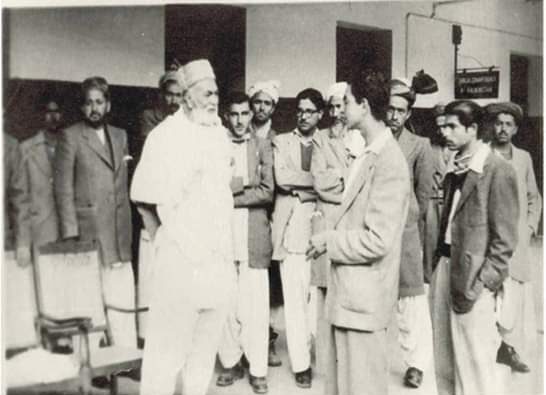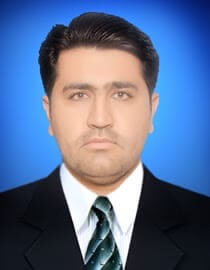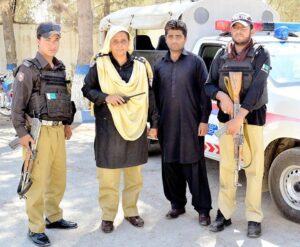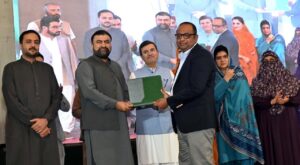Malik Achakzai:
It was an inner wisdom, a call from the natural process and divine support, as Khan Shaheed Abdul Samad Khan Achakzai described when he began contemplating the national question of freedom. He reflected, “I started thinking about the national question for freedom. As a result of my conclusions, I considered British colonialism one of the core reasons for our slavery, colonialism, and the invasion of our motherland. I had neither read any philosophy nor been inspired by political thinkers; it was purely a spiritual and mental process.”
Observing societal oppression, imposed slavery, and conditions worse than those of animals likely influenced his thoughts. Such environments often spark revolutionary minds to pave the way for liberation and freedom, turning their ideology into lifelong missions.
In his early years, Khan Shaheed narrates, people advised him to pursue higher education due to his academic excellence. However, upon asking about the outcome, the answer always pointed to a “better job in the colonial structure.” Rejecting this, he said, “I refused to become an employee of the British colonial machine because I never wanted to be part of a structure that invaded my motherland and enslaved my people while exploiting their natural resources.”
Khan Shaheed’s thoughts reflect the timeless struggle of humanity, where individuals question societal structures, seek answers, and dedicate their lives to those ideals. Born in Innayatullah Karez, Gulistan, a Tehsil of Quetta, in 1907, he witnessed his motherland’s subjugation under British colonial rule and vowed to fight for his people’s freedom.
A Rare Vision in a Tribal Society
In his autobiography, he recounts his decision to adopt a peaceful and nonviolent approach, even in the tribal Pashtun society, where feuds were customary. He focused solely on liberation, guided by a fact- and logic-based ideology.
Khan Shaheed began his political career at a young age by translating Quranic verses into Pashto for mosque congregants. Through this, he aimed to educate his community about their history, culture, and the anti-colonial struggle. His efforts were met with threats and persecution from political agents, yet he embraced the consequences with resilience.
Despite imprisonment and torture, his resolve only strengthened. He continued raising awareness through speeches and writings when free and engaged in deep contemplation during incarceration. His autobiography, written during a life sentence, remains an invaluable resource, discussing politics, freedom, spirituality, and society in an encyclopedic manner.
A Legacy of Struggle and Wisdom
Khan Shaheed spent half of his life—33 years—behind bars, enduring colonial and post-partition persecution. He opposed oppressive state structures, advocating for a federal democratic system that ensured equality for all nations in Pakistan, including Pashtuns, Baloch, Sindhis, and others.
His ideological legacy continues through the Pashtoonkhwa Milli Awami Party (PkMAP), led by his son Mahmood Khan Achakzai. The party upholds his principles, advocating for democratic federalism, national equality, and an end to foreign interference in Afghanistan. Mahmood Khan Achakzai’s call for an Afghan Loya Jirga highlights the party’s commitment to regional peace and sovereignty.
Khan Shaheed’s vision remains a beacon for peaceful coexistence, equality, and national sovereignty in the region. His life’s work stands as a testament to the enduring power of nonviolent resistance and ideological commitment.






